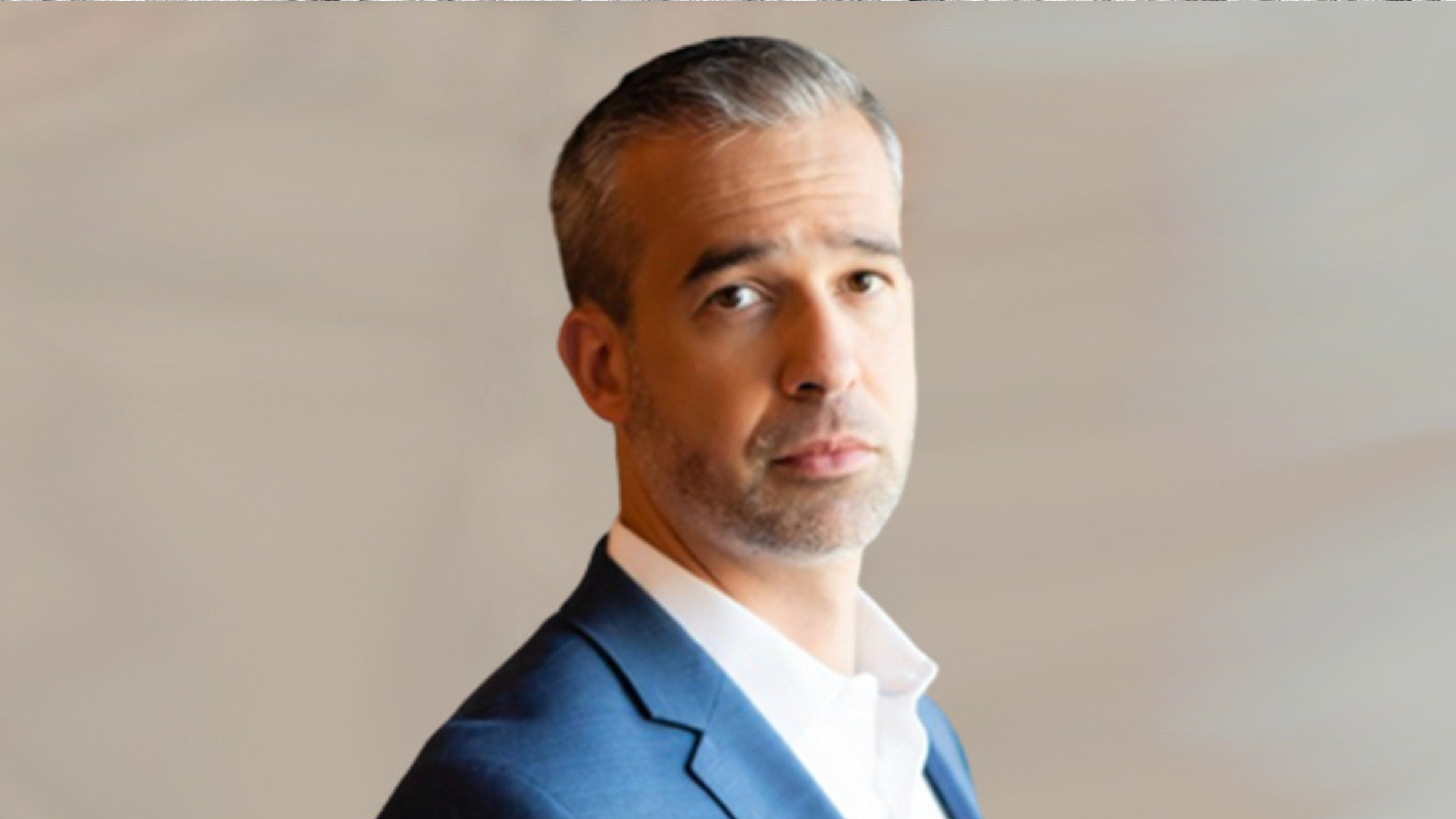
Joel Schneider, Carbon Biosciences president and CEO
Carbon Biosciences emerges with a new viral vector to shake up the cystic fibrosis gene therapy field
Carbon Biosciences wants to disrupt the field of AAV gene therapy by tapping into a family of thousands of viruses to find ones that allow …
Sign up to read this article for free.
Get free access to a limited number of articles, plus choose newsletters to get straight to your inbox.